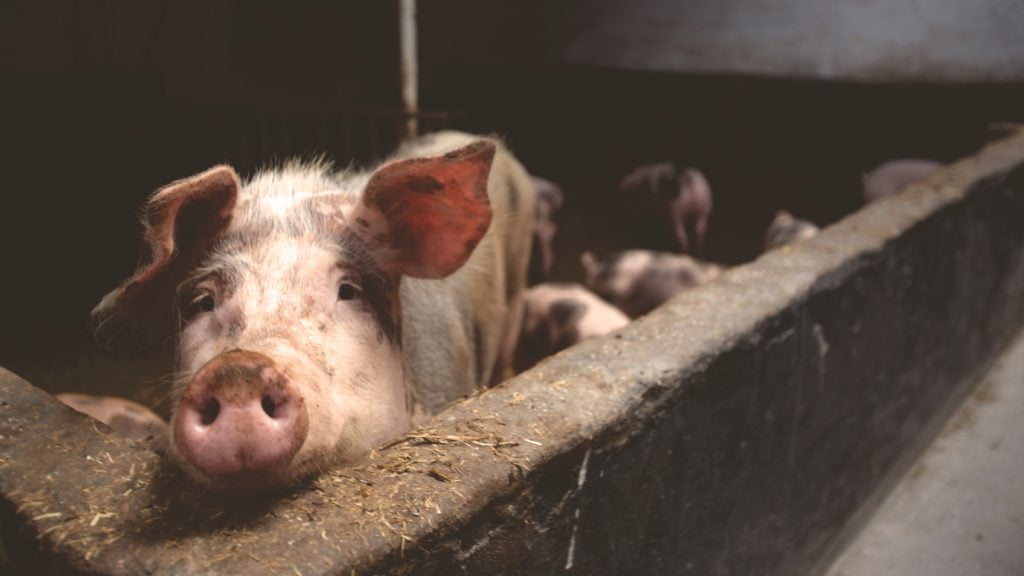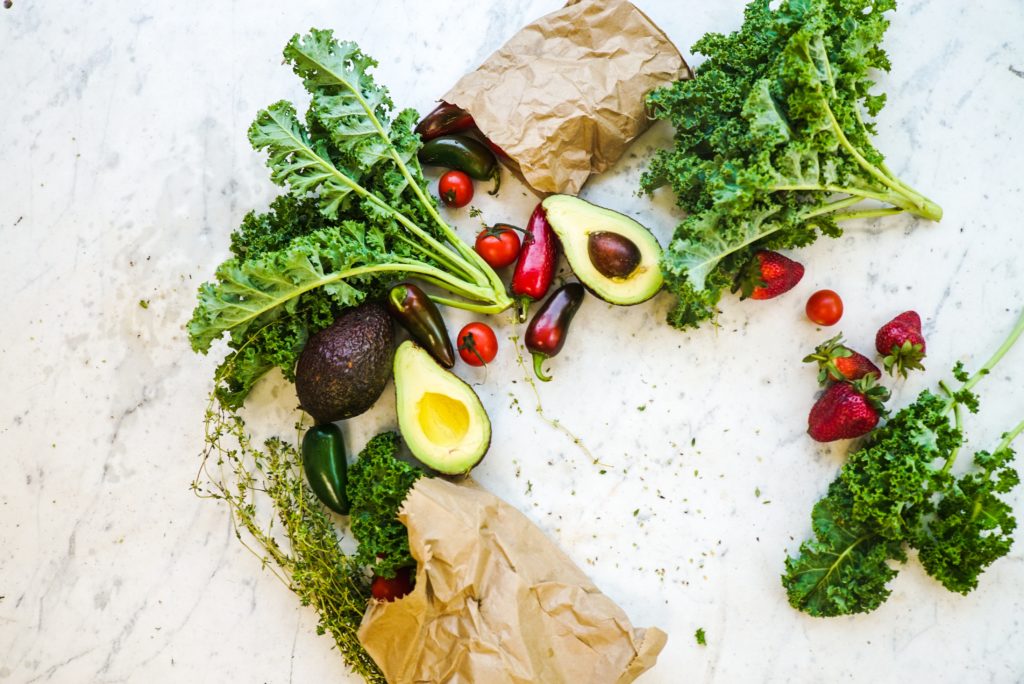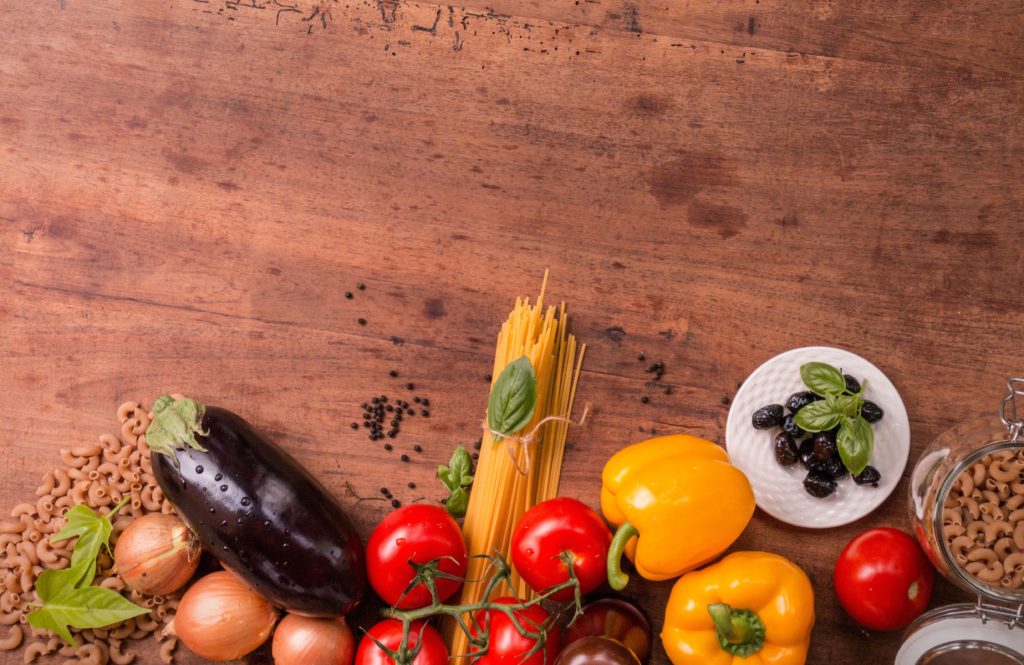How much do your children know about food and where is comes from? As a child I was totally fascinated by where food came from. If we were eating meat then I would ask “Is this pig daddy?” or “Is this cow daddy?” – I think my dad worried that I’d be traumatised if he told me the truth as I loved farm animals, so he would reply “It’s white meat Charlotte” – even if it clearly wasn’t white!

How much do your children know?
I’ve told my own children this story and they have all been quite curious about where food comes from, although we always seem to end up debating which came first, the chicken or the egg?
New research exploring the culinary knowledge of Britain’s children has revealed the depth of their expertise in the kitchen as well as some surprising gaps.
While trendy ingredients like passion fruit can be identified by nearly half, almost a third do not know pork comes from pigs. 76 per cent of kids know what an avocado is, yet one in 10 have never eaten a cherry tomato.

A passion for cooking
My children love to cook. It seems this is shared by children nationwide. The study of 1,000 kids aged six to 11, commissioned by Zanussi to celebrate its partnership with the charity Cook School, shows nine in 10 love being in the kitchen, and four in five would like to learn more about cooking at school.
There is clear passion for cooking among the nation’s children, with one in five baking at least once a week. Seven in 10 have put together batches of cupcakes, with pizza, rice crispy cakes and pancakes favourite dishes to make by the nation’s little chefs.

Top Ten Dishes Kids Make At Home
1. Cupcakes
2. Cake
3. Sandwiches
4. Pizza
5. Pancakes
6. Rice crispy cakes
7. Brownies
8. Biscuits
9. Pasta
10. Spaghetti Bolognese
More learning needed still
Despite this interest, diets are lacking in diversity, with 11 per cent claiming never to have eaten a pepper. When shown an image of a courgette, 42 per cent mistook it for a cucumber and 19 per cent have never tried one before.

While the average six to 11-year-old knows they should be eating their five a day, a quarter think fewer portions of fruit and vegetables are acceptable.
While 86 per cent of those surveyed in the study, conducted by OnePoll, have visited a farm before to see the link between animals and the food on their plates, two in five do not know that chips come from potatoes.
The cooking school will bring weekly food education classes to primary schools across the UK. Children will be taught how to cook well-balanced, sustainable meals from scratch and educate their families on the importance of nutrition for long-term health.
Sounds like a great initiative to me – what do you think?


6 comments
Show them the true face of farming – take them to a slaughterhouse.
I, too, was fascinated by how food is grown and what was the best seasonal fruity treats. Growing up within an agricultural setting I wasn’t phased by eating meat, it is more important to me that you do it justice by not wasting the food! As a teacher now I am amazed at how little some young people know about where their food comes from and how it is grown.
Great work on your blog post! It was evident that you conducted extensive research, and I found the evidence and data you presented to be convincing. I appreciated the practical strategies and the actionable steps you outlined. To delve deeper into this topic, click here.
When I was a kid and found out that hamburgers are made from cows, it was the last time I ate meat. The realization made too big of an impression for me to continue eating meat as if nothing happened.
Did your parents support you in that? I know many families where people refuse to accept the habits and new preferences of a child, imposing their own against the child’s will. That wasn’t the case in my family. I ate meat as a kid, and I still like it. I eat meat rarely, but when I do, it’s something special like Wagyu beef or Tomahawk steaks https://www.gourmetfoodstore.com/wagyu-beef-and-specialty-meats/wagyu-tomahawk . I think it’s very important not to force children to eat anything. Support a healthy diet if possible, but don’t make them eat something they don’t want, or it could lead to eating disorders.